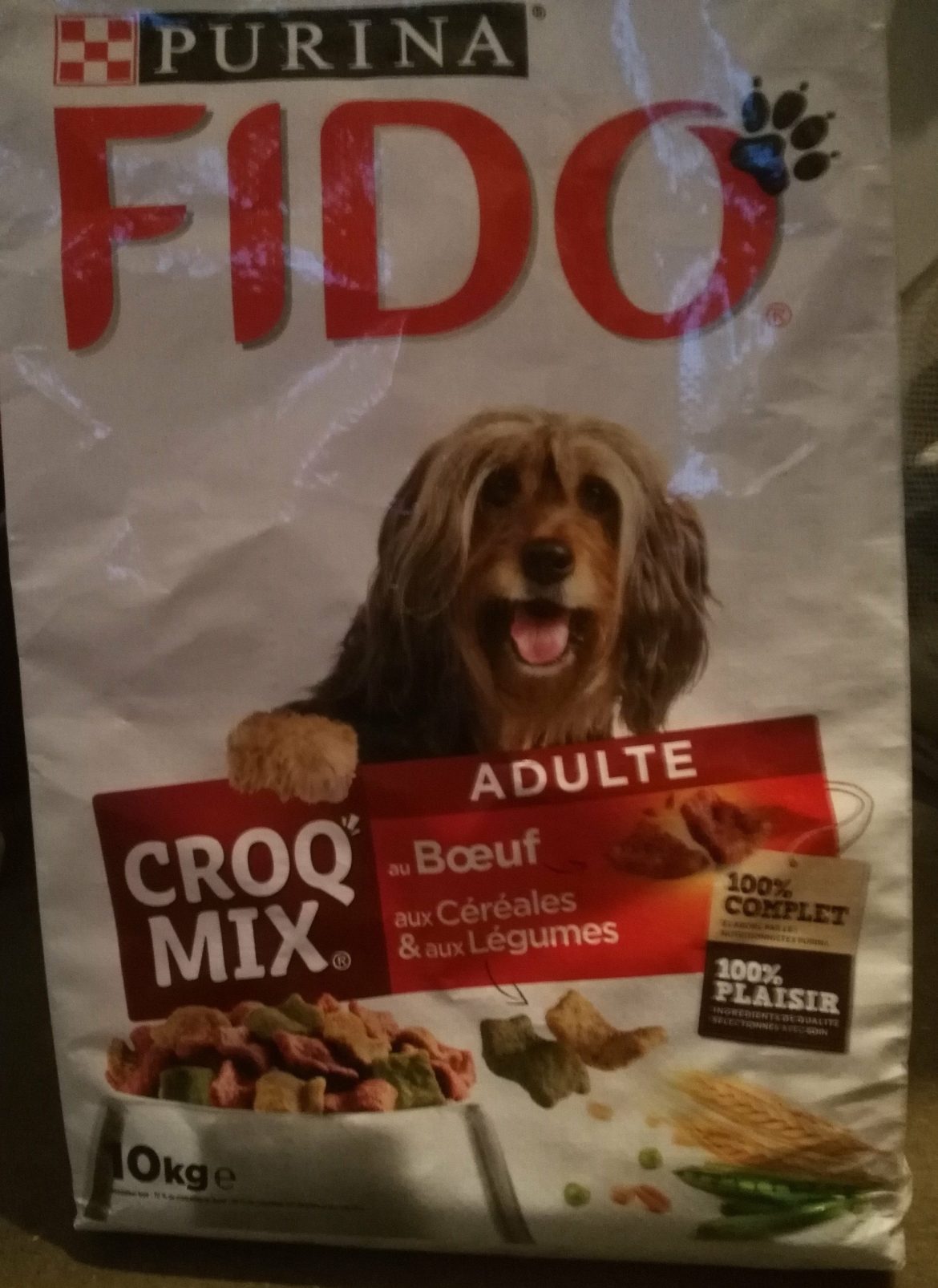As our furry companions age, their dietary needs change just as much as ours do. Senior pets require a different approach to nutrition in order to maintain their health and vitality. However, with so many options on the market, it can be overwhelming to navigate the world of senior pet food. In this article, we’ll explore the ins and outs of feeding your senior dog, including what to look for in a quality senior pet food, common health concerns to keep in mind, and tips for ensuring your furry friend stays happy and healthy well into their golden years.
1. Aging Gracefully: Understanding the Nutritional Needs of Senior Dogs
As dogs age, their nutritional needs change. Senior dogs require a diet that supports their aging bodies and helps them maintain a healthy weight. Here are some key nutritional needs to keep in mind when feeding your senior dog:
– Protein: Senior dogs need high-quality protein to maintain muscle mass and support organ function. Look for protein sources like chicken, fish, and eggs.
– Fiber: Fiber helps regulate digestion and can prevent constipation in older dogs. Look for sources like sweet potatoes, pumpkin, and brown rice.
– Omega-3 fatty acids: These healthy fats can help reduce inflammation and support brain function. Look for sources like salmon, flaxseed, and chia seeds.
– Antioxidants: Antioxidants can help protect against cellular damage and support immune function. Look for sources like blueberries, spinach, and carrots.
It’s also important to keep an eye on your senior dog’s weight and adjust their diet as needed. Older dogs may be less active and require fewer calories, so it’s important to choose a food that is appropriate for their age and activity level. Talk to your veterinarian about the best diet for your senior dog’s individual needs.
In addition to a healthy diet, senior dogs may benefit from supplements like glucosamine and chondroitin to support joint health, and probiotics to support digestive health. Regular exercise and veterinary check-ups can also help keep your senior dog healthy and happy in their golden years.
2. From Puppies to Seniors: How to Adjust Your Dog’s Diet as They Age
As dogs age, their nutritional needs change. It’s important to adjust their diet accordingly to ensure they stay healthy and happy. Here are some tips on how to adjust your dog’s diet as they age:
Puppies: Puppies have different nutritional needs than adult dogs. They require more protein and fat to support their growth and development. Look for puppy-specific food that is high in protein and fat. Feed your puppy small, frequent meals throughout the day to help them digest their food properly. It’s also important to monitor their weight and adjust their food intake accordingly.
Adult Dogs: Adult dogs have different nutritional needs than puppies. They require a balanced diet that includes protein, fat, and carbohydrates. Look for food that is labeled “complete and balanced” to ensure your dog is getting all the nutrients they need. It’s important to monitor your dog’s weight and adjust their food intake if they start to gain or lose weight. Additionally, consider adding supplements to their diet, such as glucosamine and chondroitin, to support joint health.
Senior Dogs: Senior dogs have different nutritional needs than adult dogs. They require a diet that is lower in calories and fat to prevent weight gain. Look for senior-specific food that is labeled “reduced calorie” or “light.” Additionally, consider adding supplements to their diet, such as omega-3 fatty acids, to support brain and heart health. It’s important to monitor your senior dog’s weight and adjust their food intake accordingly.
3. The Dos and Don’ts of Feeding Your Senior Dog: Tips for a Healthy and Happy Life
As your furry friend ages, their nutritional needs change. Here are some dos and don’ts to keep in mind when feeding your senior dog:
- Do: Choose high-quality, senior-specific dog food that is rich in protein and low in fat. This will help maintain muscle mass and prevent obesity.
- Do: Add supplements such as glucosamine and chondroitin to your dog’s diet to support joint health and mobility.
- Do: Feed your senior dog smaller, more frequent meals throughout the day to aid digestion and prevent overeating.
- Don’t: Feed your senior dog table scraps or human food, as this can lead to weight gain and digestive issues.
- Don’t: Overfeed your senior dog, as obesity can lead to a range of health problems such as diabetes and heart disease.
In addition to following these dos and don’ts, it’s important to monitor your senior dog’s weight and adjust their diet accordingly. Regular visits to the vet can also help ensure that your furry friend is getting the nutrients they need to live a happy and healthy life. By providing your senior dog with the right nutrition, you can help them age gracefully and enjoy their golden years to the fullest. As our furry friends age, their nutritional needs change. It’s important to pay attention to what we’re feeding them in order to keep them healthy and happy. By understanding the unique needs of senior pets and making adjustments to their diet, we can help them live their best lives. From choosing the right food to monitoring their weight, there are many ways we can support our aging pets. So, whether you’re a seasoned pet owner or a new one, remember to always keep your furry friend’s nutritional needs in mind. After all, a healthy pet is a happy pet!

